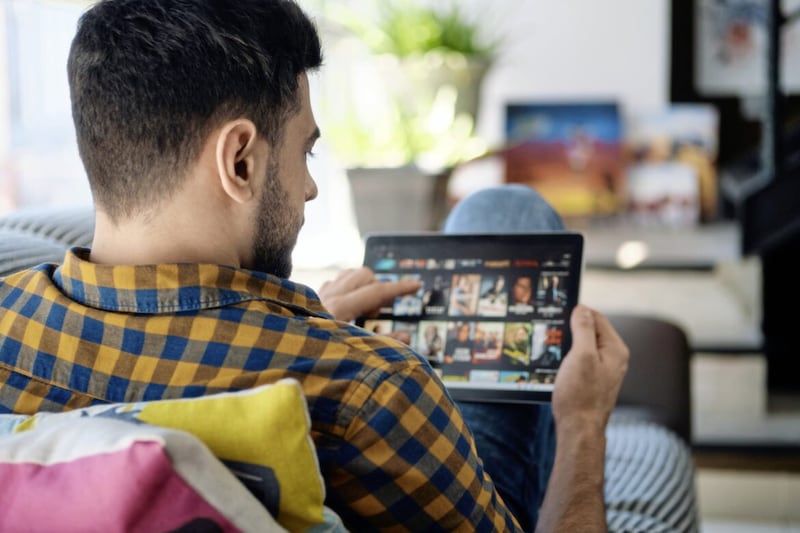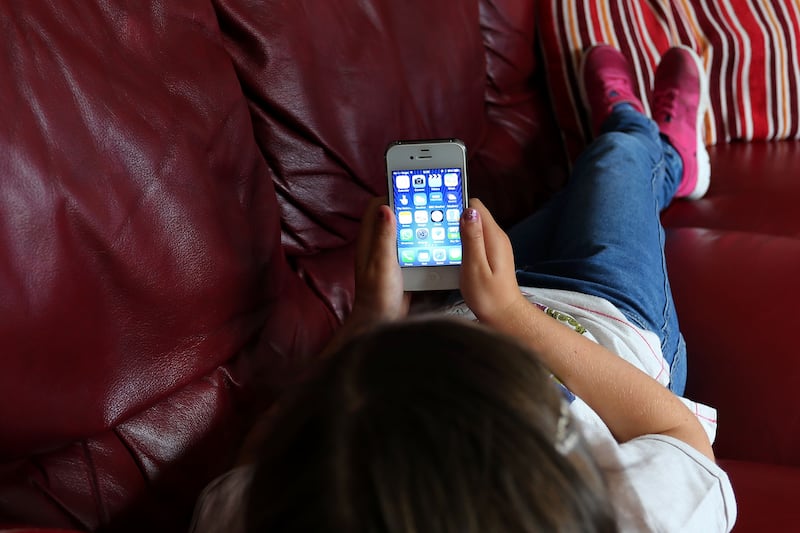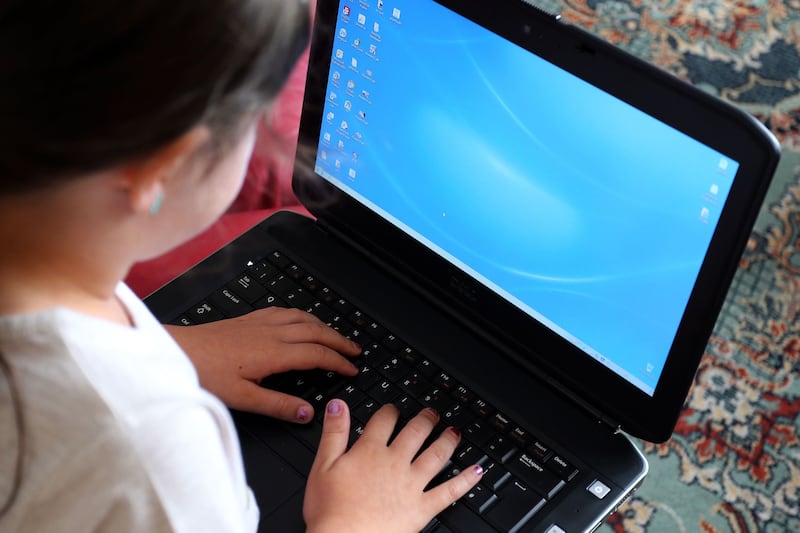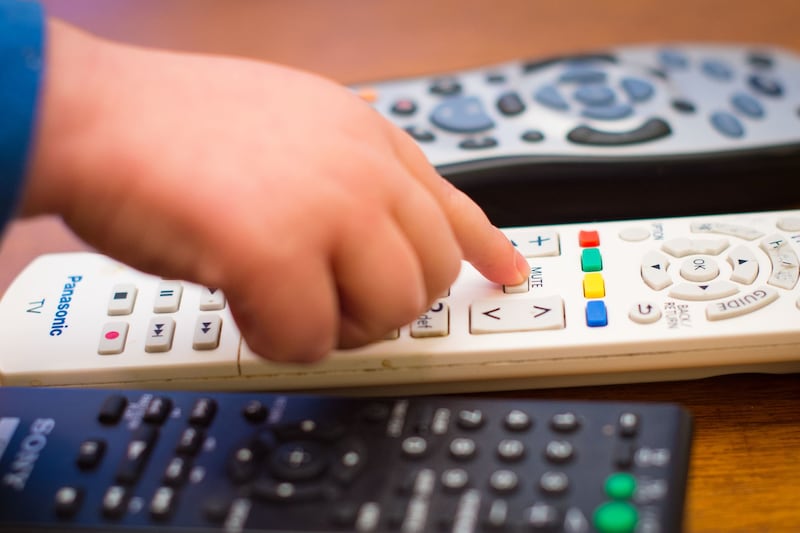CHILDREN incessantly using screens can be a perpetual problem for parents, who often struggle to persuade kids to leave their devices alone.
Certainly, in the last decade, the time adolescents spend online has more than doubled, from an average of eight hours a week to 18.9 hours, and new research shows the majority of parents – almost nine in 10 – think gadgets get in the way of family time.
On top of that, various studies have suggested screen use has an adverse effect on children and young people's mental and social wellbeing, increases obesity, and generally prevents youngsters from doing other potentially beneficial activities including exercise and face-to-face socialising.
However, new research looking at the screen use of more than 120,000 15-year-olds has found moderate use of screens isn't harmful, and could even be advantageous.
'JUST RIGHT' SCREEN TIME
Researchers Andrew Przybylski, of Oxford University, and Netta Weinstein of Cardiff University found there's a 'just right' amount of time for adolescents to use screens, although the specific amount of time depended on whether it was a weekend or weekday and on what the screen was used for.
On weekdays, teens' wellbeing peaked at about one hour 40 minutes of video-game play, around two hours of smartphone use, and about four hours 17 minutes on a computer.
And the researchers found that at weekends it took even longer for screen time to become potentially harmful. Such harm might include screen time supplanting alternate activities including socialising, reading books and exercising, or interfering with school.
However, Przybylski stresses that the findings don't necessarily mean adolescents should use screens for that 'just right' amount of time: "Just that there isn't any evidence of possible harm until teens are spending much more time on digital activities."
DO SOMETHING ELSE
Whether screen use stops young people from doing other things depends to a large extent on what they're doing on screen – popular games such as Minecraft can provide socialising and creativity, for example, and the smartphone-based app Geocaching, where players track down real hidden 'treasure' in public spaces, promotes physical activity and discovery.
"Engaging in these may not displace anything meaningful," says the study, "whereas channel surfing and solitary reading might."
They acknowledge that parents find enforcing digital screen guidelines extremely difficult, but Przybylski stresses: "It appears moderate levels of screen time may be fine for adolescents and that even excessive time, on its own, may not be as bad as many fear."
Przybylski suggests researchers may need to rethink their approach to screen time and move beyond advising parents to just 'turn it off'.
"There's a good deal of research that suggests teens use technology to build friendships during gaming and on social media," he says.
"In fact, 68 per cent of teens say they've received social support in tough or challenging times. Being cut off from that may have negative consequences."
PICK YOUR BATTLES
But where does that leave parents – should they stringently monitor screen time or not?
"Speaking as a parent and scientist, pick your battles," advises Przybylski.
"The possible negative effect of screen time is about a third the size of missing breakfast or irregular sleep. Keep an eye on it if it's a trend, but keep it in context if it's just a flurry of Minecraft."
Of course using the internet and mobile phones keeps teens connected, says Jeremy Todd, chief executive of the parenting charity Family Lives.
"Except, as with anything, too much of the same can get you in a rut," he says.
"Some young people become stuck in repetitive actions. Rather than learning new things from their access, they're simply repeating the same thing over and over."
If internet access and TV is available in bedrooms, while teenagers may be connecting with people outside the home, they're often not connecting with their own family.
FAMILY RULES
"Parents need to be the ones to make some rules about sensible use," says Todd, pointing out that young people who have TVs or tech in their bedrooms may be messaging or watching TV until the early hours.
He suggests making bedrooms – including mum and dad's – tech-free zones, so no TV, game consoles or mobiles.
"This may seem hard, but it will pay off in a reduction in tiredness, stress and tension," he promises.
An additional tech tactic is to insist that all mobiles are off or on silent during shared family meals. TVs and computers should be off too, and meals taken around a table, not on laps.
"Teenagers may moan and groan, but they need you to set some guidelines," he stresses.








